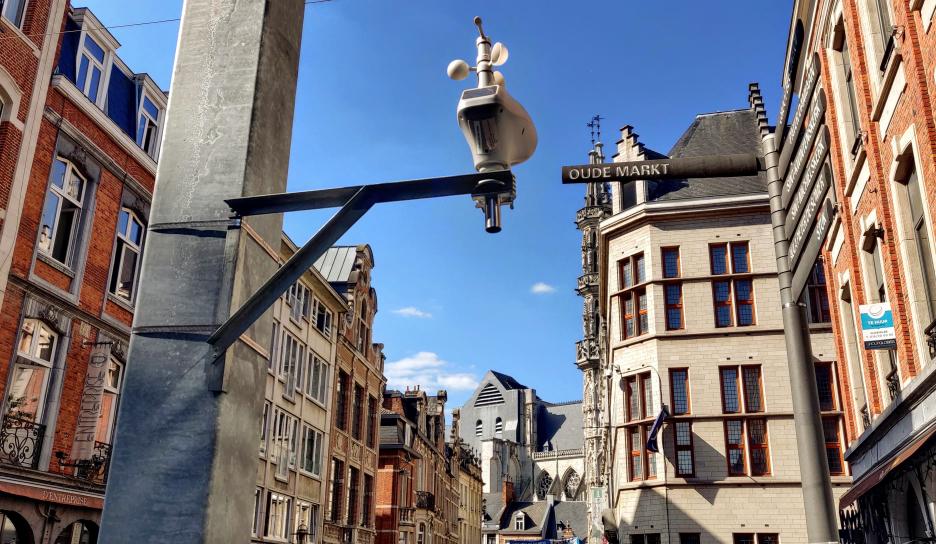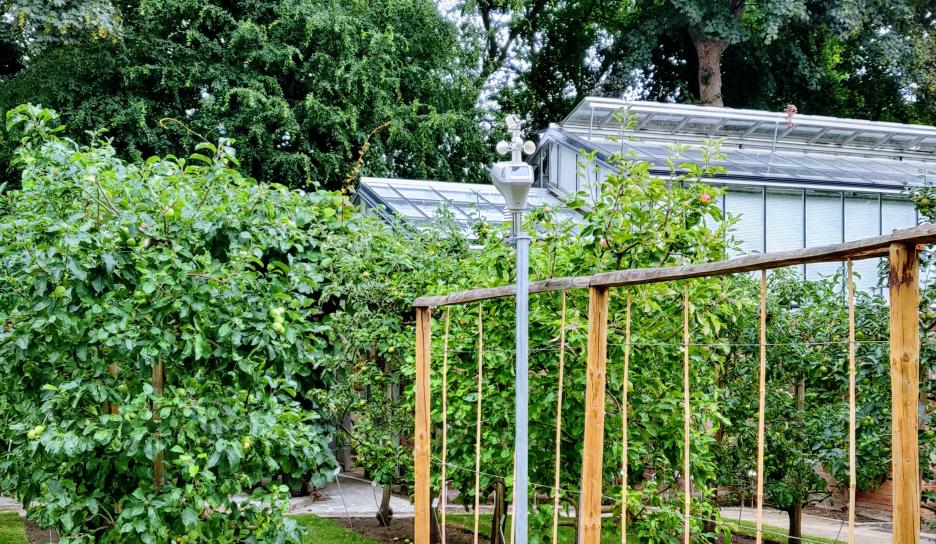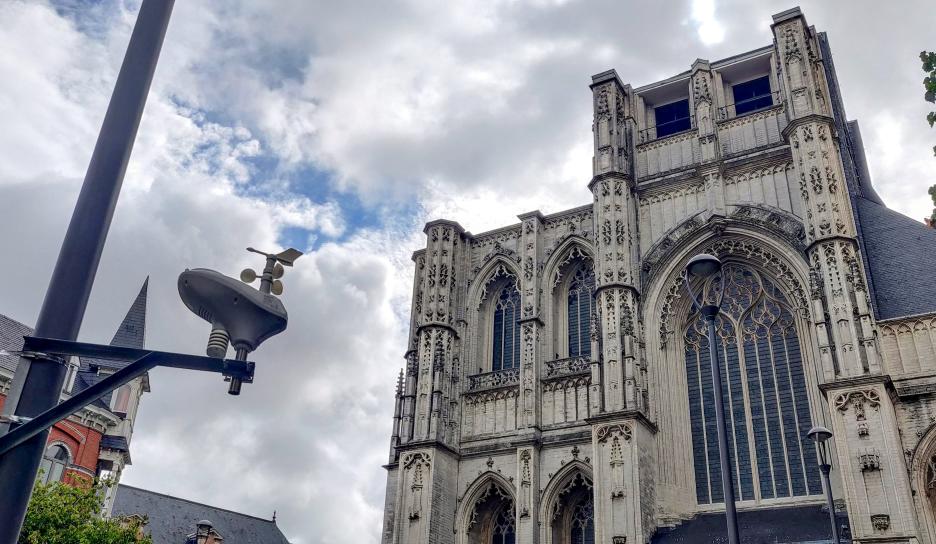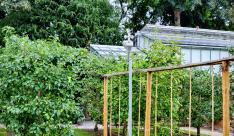Pact partner: KU Leuven

Role of KU Leuven
KU Leuven’s Division of Forest, Nature and Landscape aims at optimizing the management for ecosystem services of (semi-)natural and urban landscapes. Its academic research and teaching programs focus on the characterization of the biodiversity, structure and functioning of land use systems, on better understanding the effect of human interventions in these systems, and on the design of nature-based engineering solutions. The team, consisting of >50 PhD, five postdocs and >15 M.Sc. researchers, three field technicians and two IT experts, has solid expertise in a wide range of sensors, methods and tools to survey, model and manage complex social-ecological systems. Within the Forest, Nature and Landscape Division, Mr. Ben Somers (professor) heads the Remote Sensing & Terrestrial Ecology research group. This group specifically focusses on studying the role, vitality and stability of plant species and their communities in (sub)urban environments.
Monitoring
The most recent developments in sensing technology are utilized to quantify vegetation structure and functioning at various temporal and spatial scales. Through the integration of remote sensing, GIS and in situ observations in spatial explicit modeling routines, the team explores how, and to what extent, different plant species and/or plant assemblages contribute to ecosystem services. Central to our approach is the concept of nature-based solutions, which refers to the use of nature to tackle today’s environmental challenges, including climate change, environmental pollution, food security, water resources management, natural disaster risk management, etc. As such, the team aims to support the use of vegetation/green infrastructure in the design, organization, management and spatial planning of urbanized regions, thereby improving the quality of life of its inhabitants. The research team is currently composed of 20 PhD students and two postdocs.
KU Leuven, the City of Leuven, and Leuven 2030 have a history of close collaboration on climate mitigation and adaptation projects. For the purpose of monitoring the impact of the project actions, PACT will collaborate with a research group of the Department of Earth and Environmental Sciences of the KU Leuven, led by Prof. Ben Somers. The team has expertise in urban ecology and climate resilience, remote and in situ sensing of the natural environment, and citizen science and engagement for climate adaptation. The team has selected the Key Project Level Indicators from the LIFE standard indicator list relevant for PACT’s actions. After careful consideration, a limited number of additional impact indicators were added to the list to ensure the monitoring protocol of PACT is adequate to identify all of the project’s relevant environmental, economic, and social impact. These additional indicators have been selected from the Horizon 2020 EKLIPSE impact evaluation framework for NBS projects.
The sensors installed for the Life Pact project are integrated into the Leuven.Cool web application. This website, made possible by the City of Leuven, Leuven2030 and KU Leuven, ensures easy access to the monitoring results.
More information
Visit the KU Leuven website.









